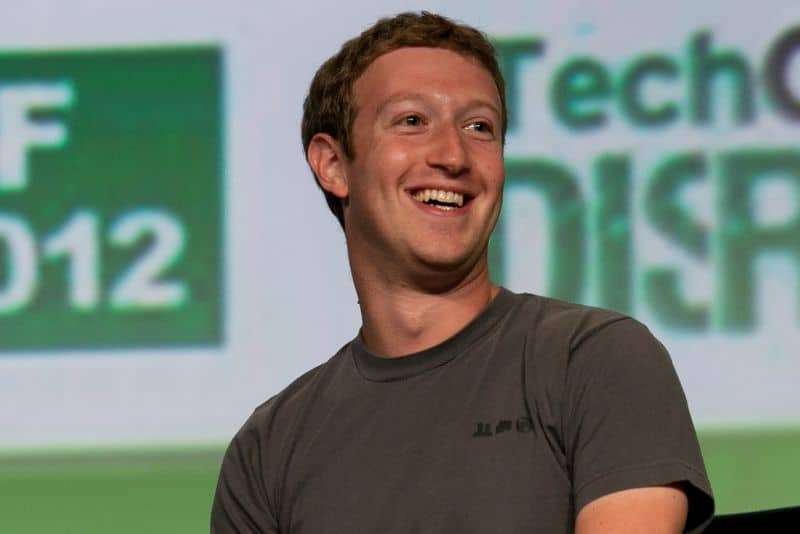San Francisco: As Facebook turns 15 next month, its Founder and CEO Mark Zuckerberg has once again defended the social media giant, saying the company is not selling its users’ data to anyone.
“We don’t sell people’s data, even though it’s often reported that we do,” he wrote in an opinion piece in the Wall Street Journal on Thursday.
“Clickbait and other junk may drive engagement in the near term, but it would be foolish for us to show this intentionally because it’s not what people want,” he added.
The 1,000-word defense came after Facebook faced intense scrutiny over how it handled data of over two billion users amid several data scandals in recent years.
“Based on what pages people like, what they click on, and other signals, we create categories and then charge advertisers to show ads in that category,” he said.
“You have control over what information we use to show you ads, and you can block any advertiser from reaching you,” the Facebook CEO added.
In December, the social media giant said it never allowed its partners to access users’ private messages without their permission, after a New York Times report claimed that Facebook allowed large technology companies and popular apps like Netflix or Spotify to access its users’ personal information.
Zuckerberg said people “consistently tell us they don’t want to see this content”.
“Advertisers don’t want their brands anywhere near it. The only reason bad content remains is that the people and artificial-intelligence systems we use to review it are not perfect — and not because we have an incentive to ignore it. Our systems are still evolving and improving,” he added.
On collecting personal data, the CEO said: “There’s no question that we collect some information for ads but that information is generally important for security and operating our services as well.”
Facebook had said it never gave large tech companies access to people’s data without their permission as its integration partners “had to get authorization from people”.
[source_without_link]IANS[/source_without_link]

